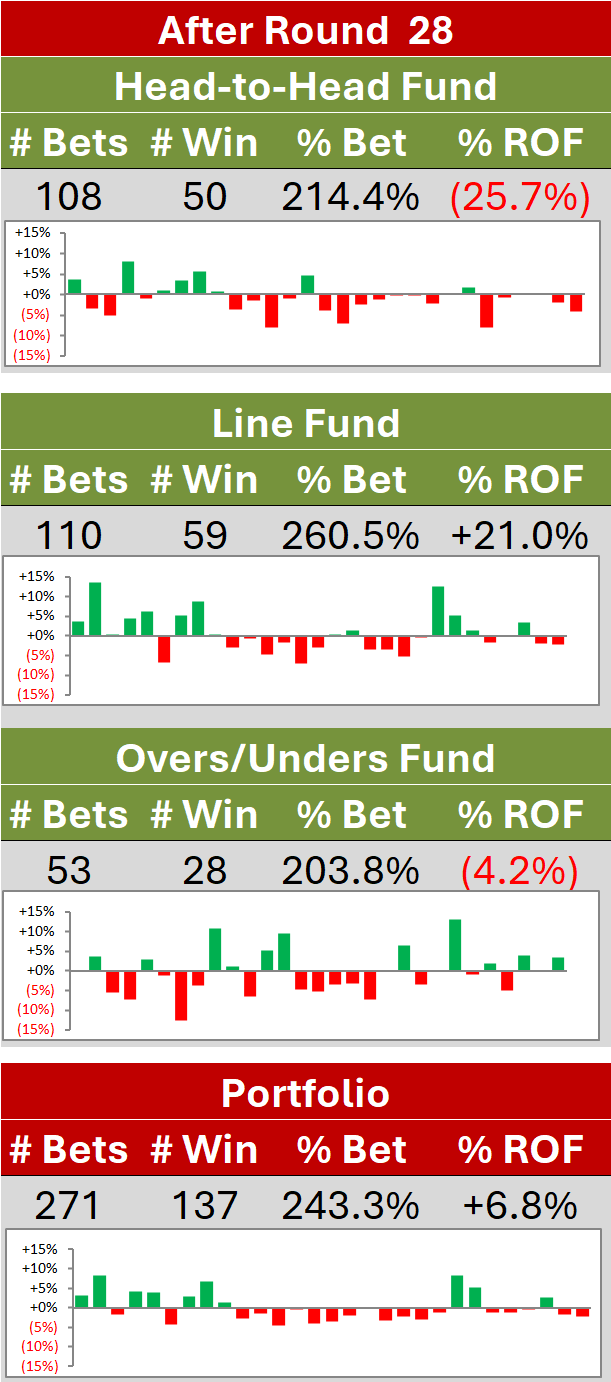It's easy enough to determine whether or not one continuous variable has a linear relationship with another, and how strong that relationship is, by calculating the Pearson product-moment correlation coefficient for the two variables. A value near +1 for this coefficient indicates a strong, positive linear relationship between the variables in question, so that high values of one tend to coincide with high values of the other, and vice versa for low values; a value near -1 indicates a strong, negative linear relationship; and a value of 0 indicates a lack of any linear relationship at all.
But what if we want to assess more generally if there's a relationship between two variables, linear or otherwise, and we don't know the exact form that this relationship takes? That's the purpose for which the Maximal Information Coefficient (MIC) was created, and recently made available in an R package called MINER.
Read More
